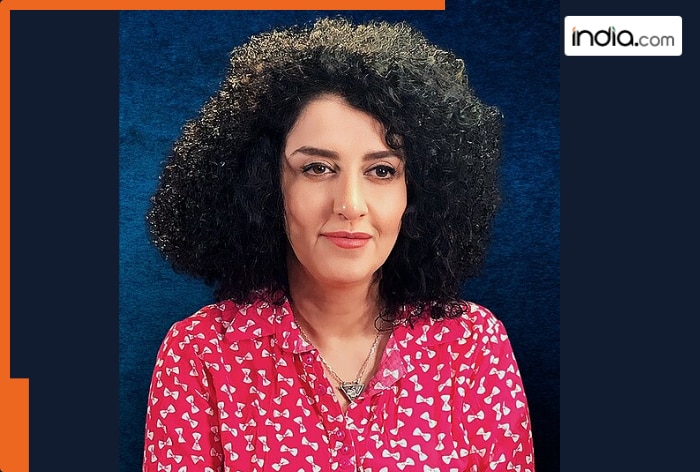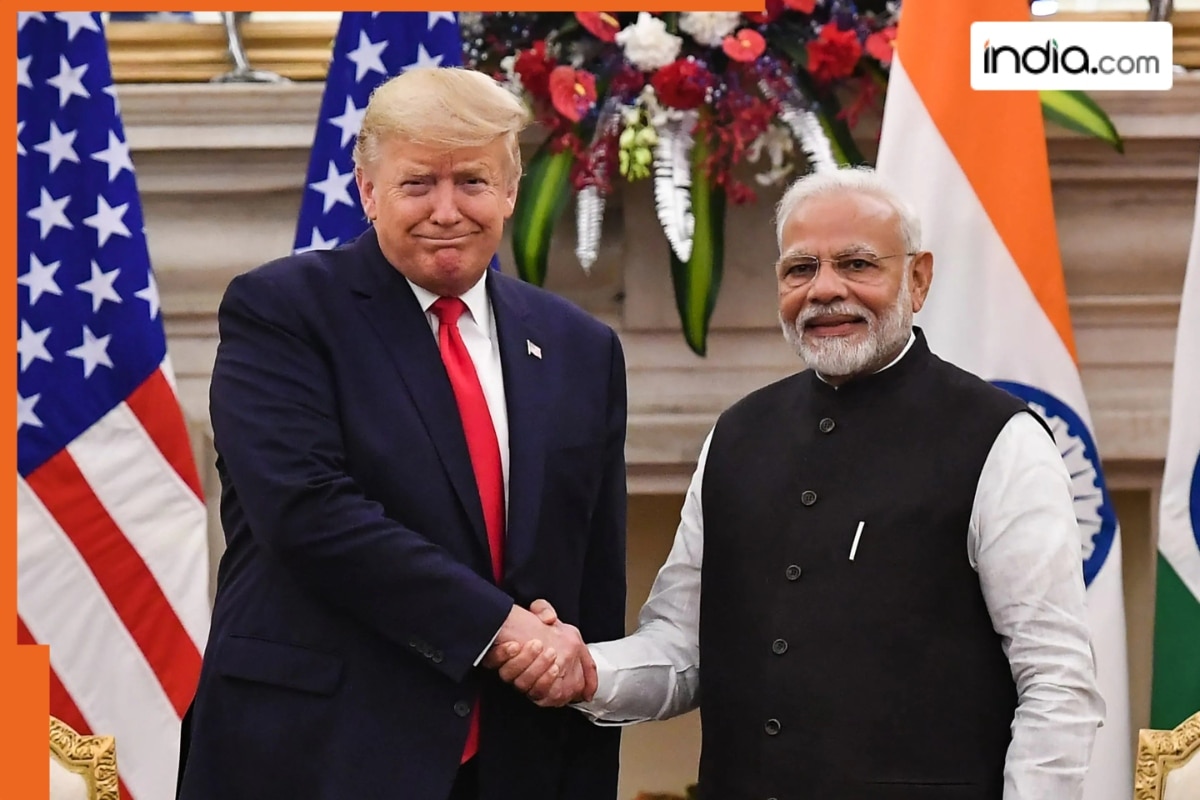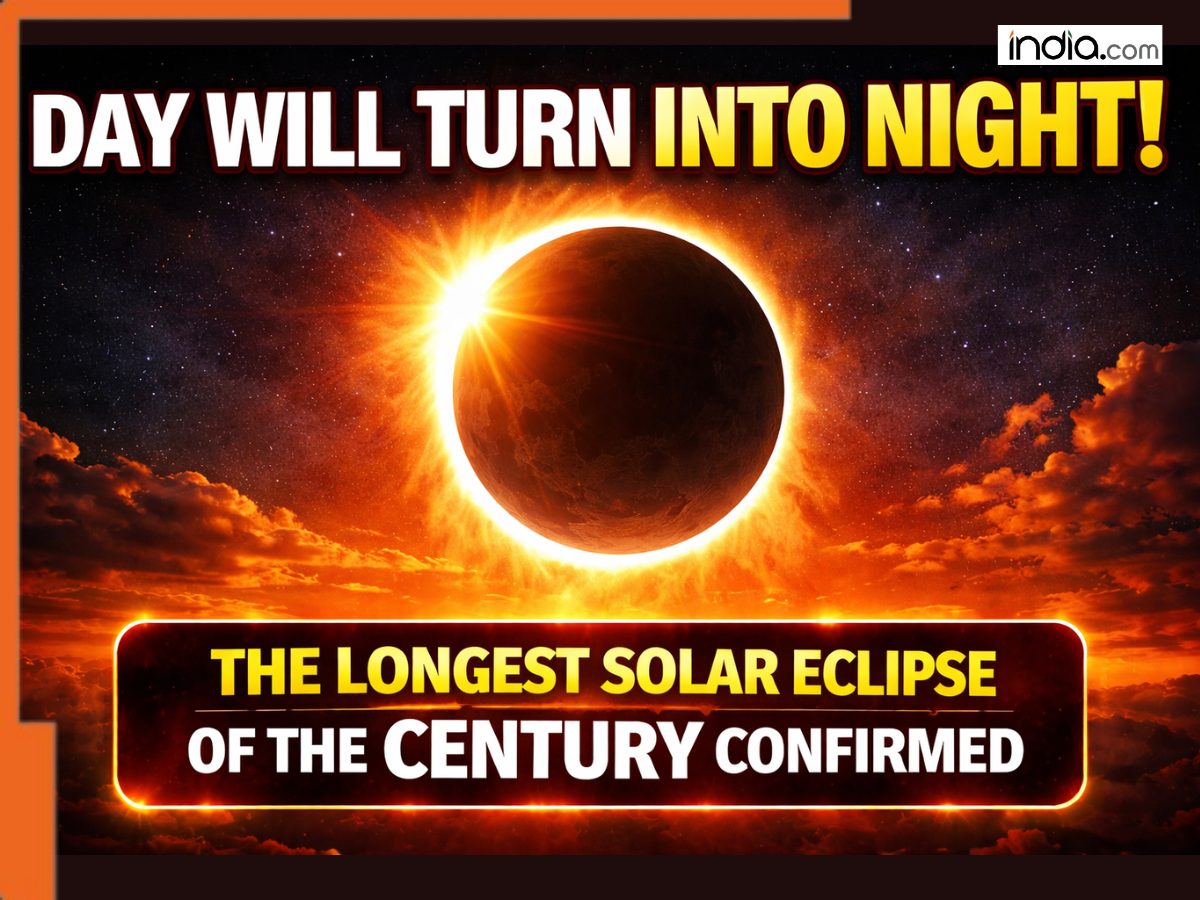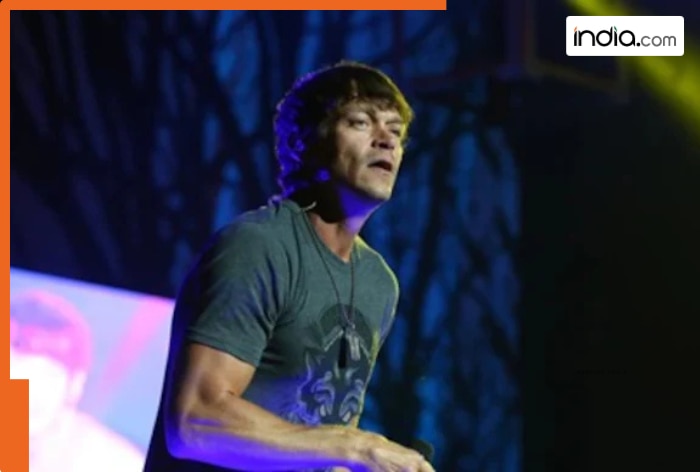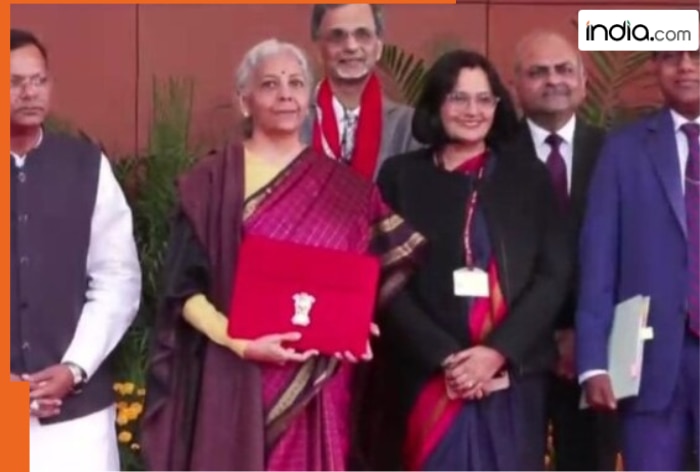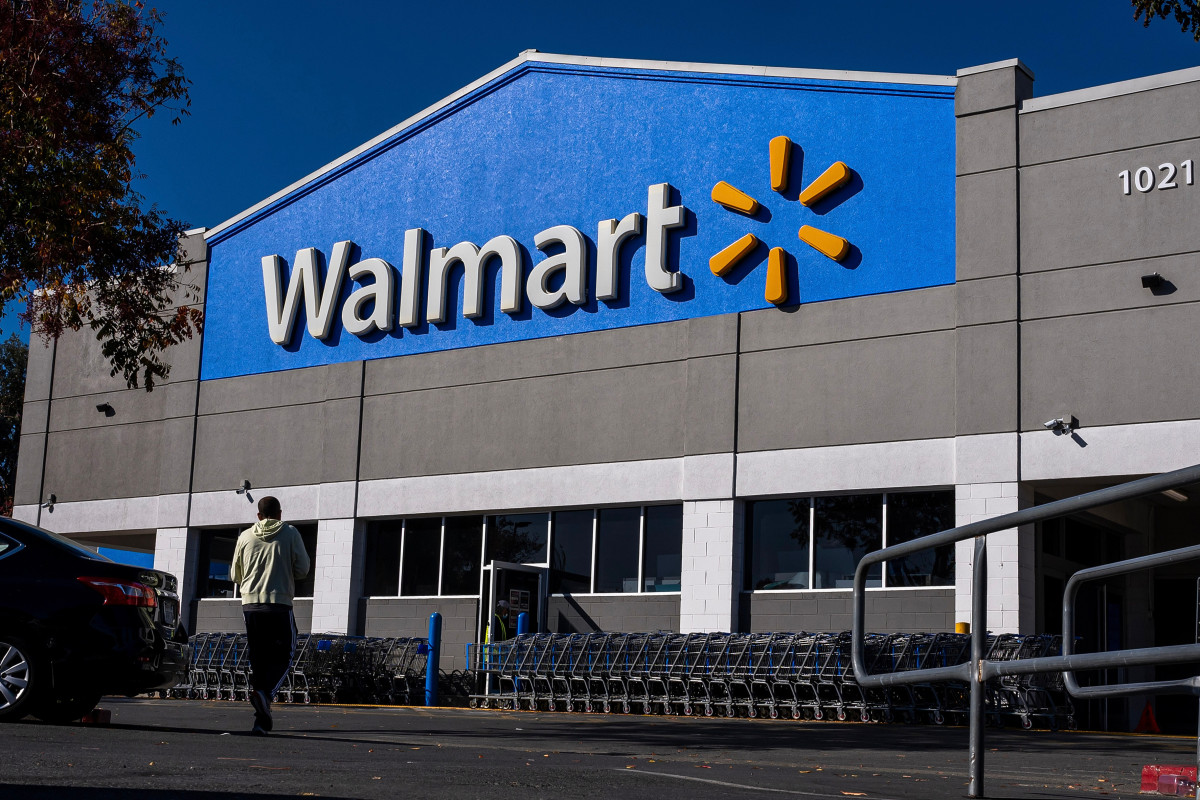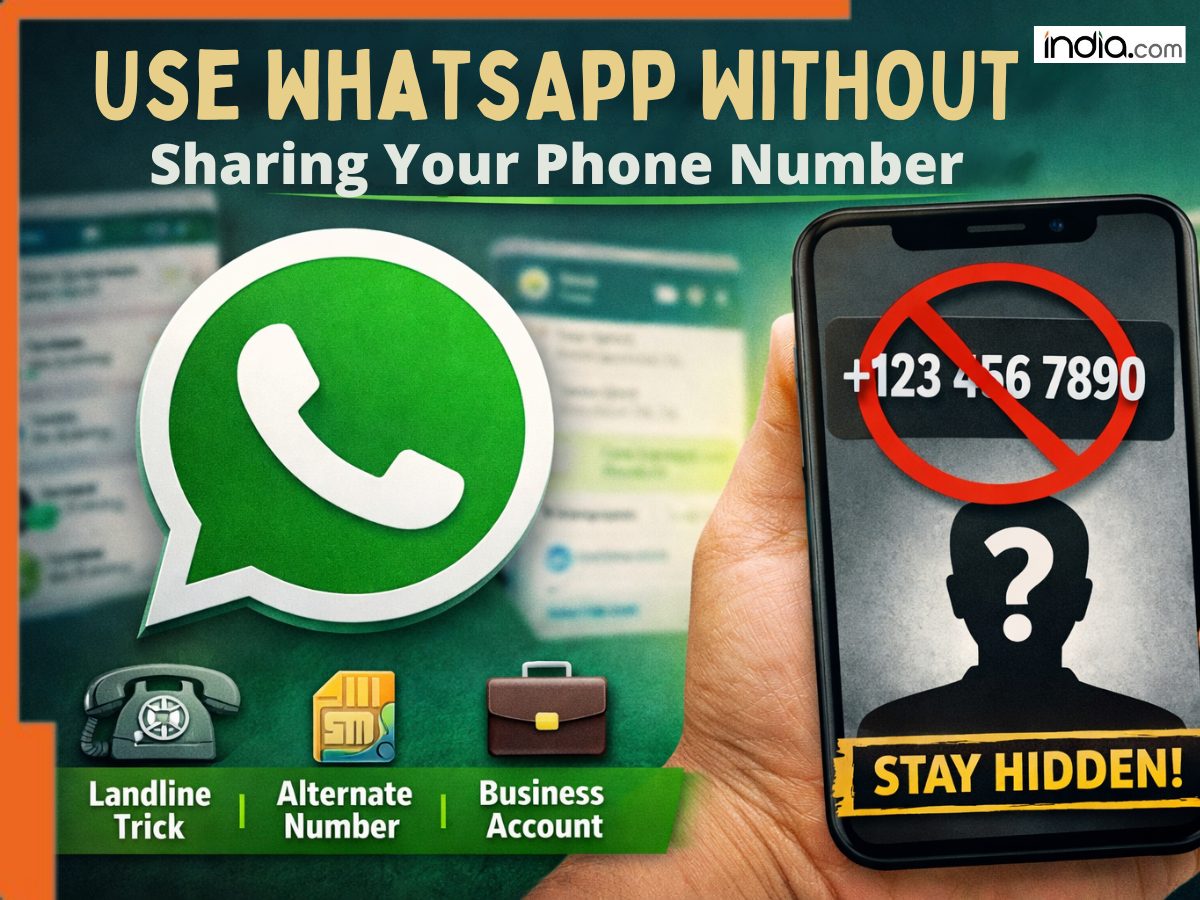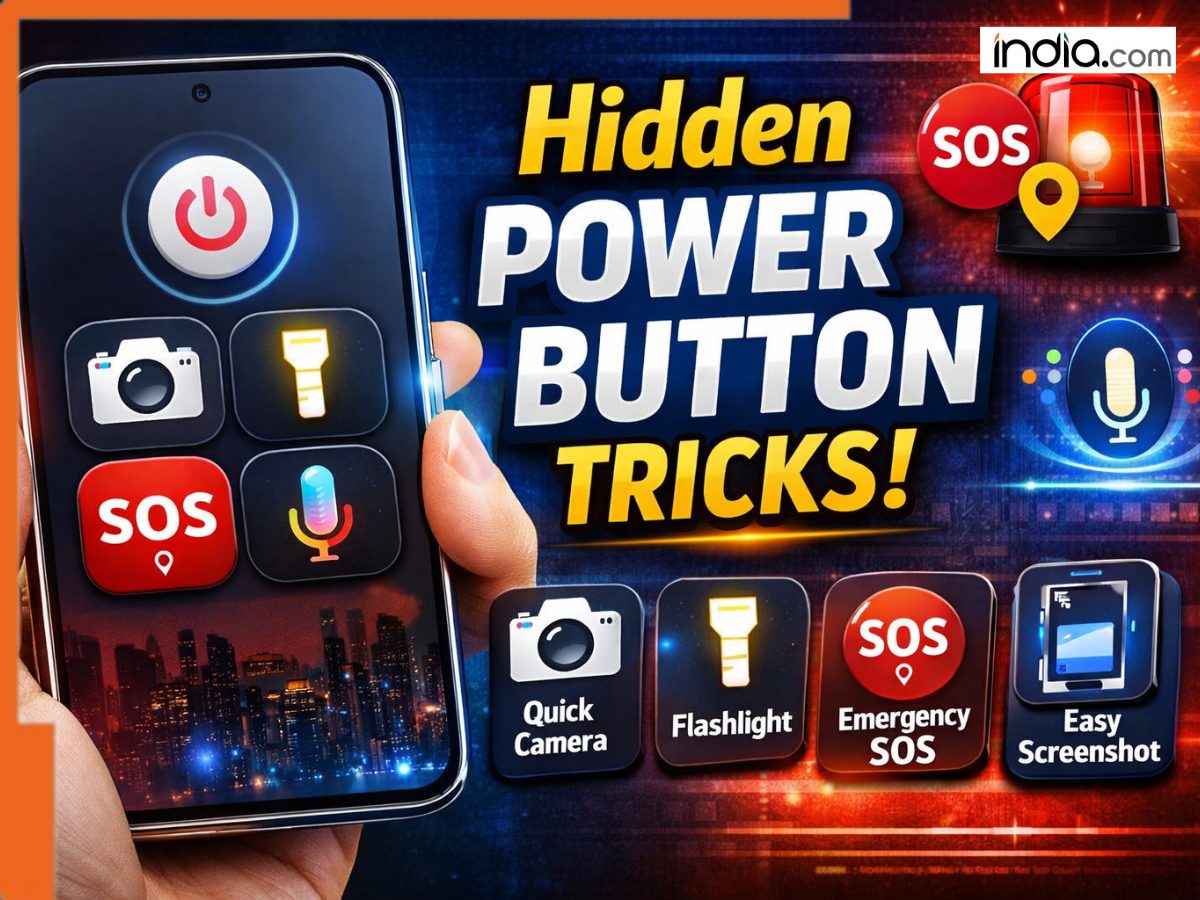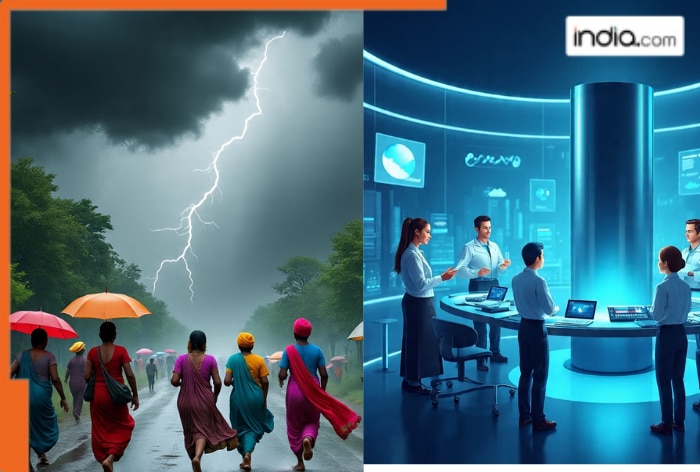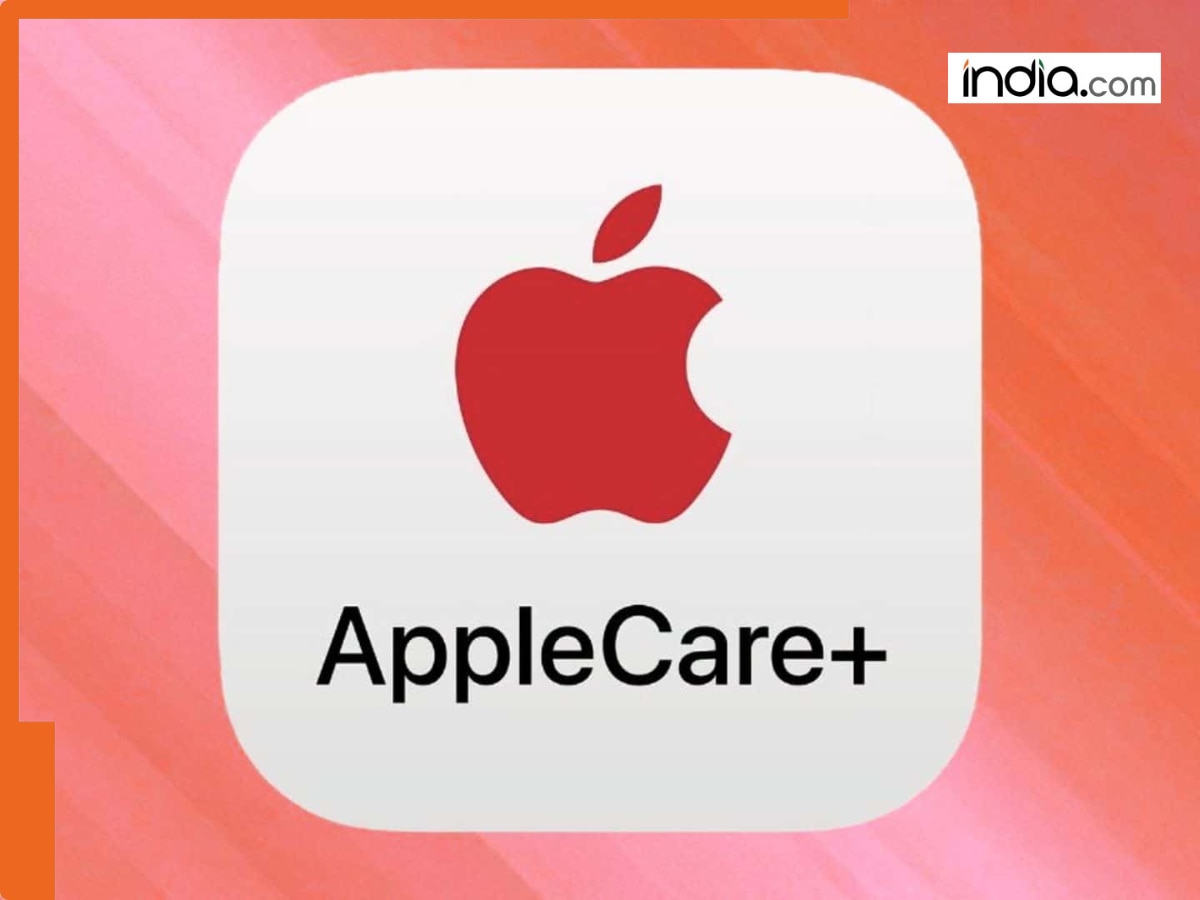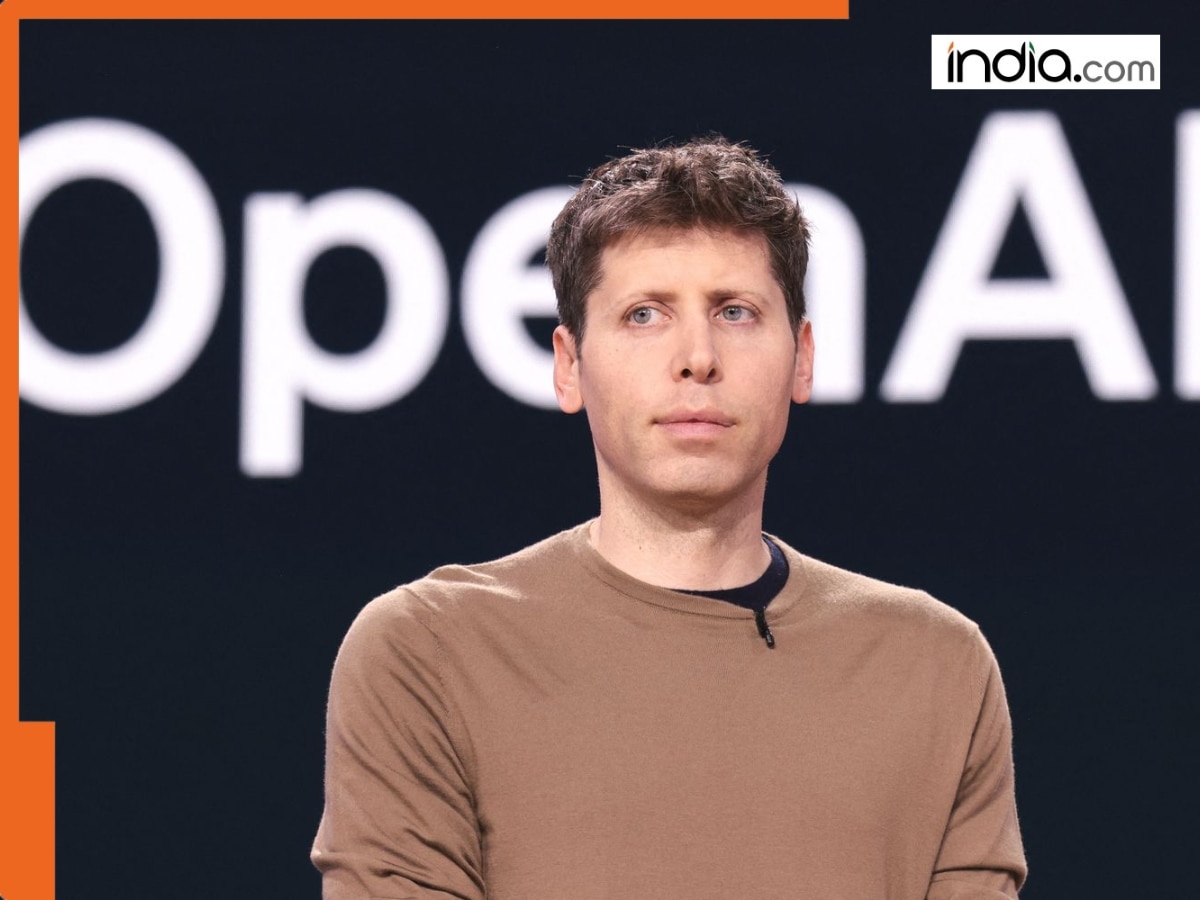YouTube and Google Maps have an unbreakable edge, says Perplexity AI Ceo Aravind Srinivas: Know why
Perplexity AI CEO Aravind Srinivas believes Google’s YouTube and Maps are nearly impossible to beat due to their unmatched data scale, user networks, and ecosystem dominance in the digital world.
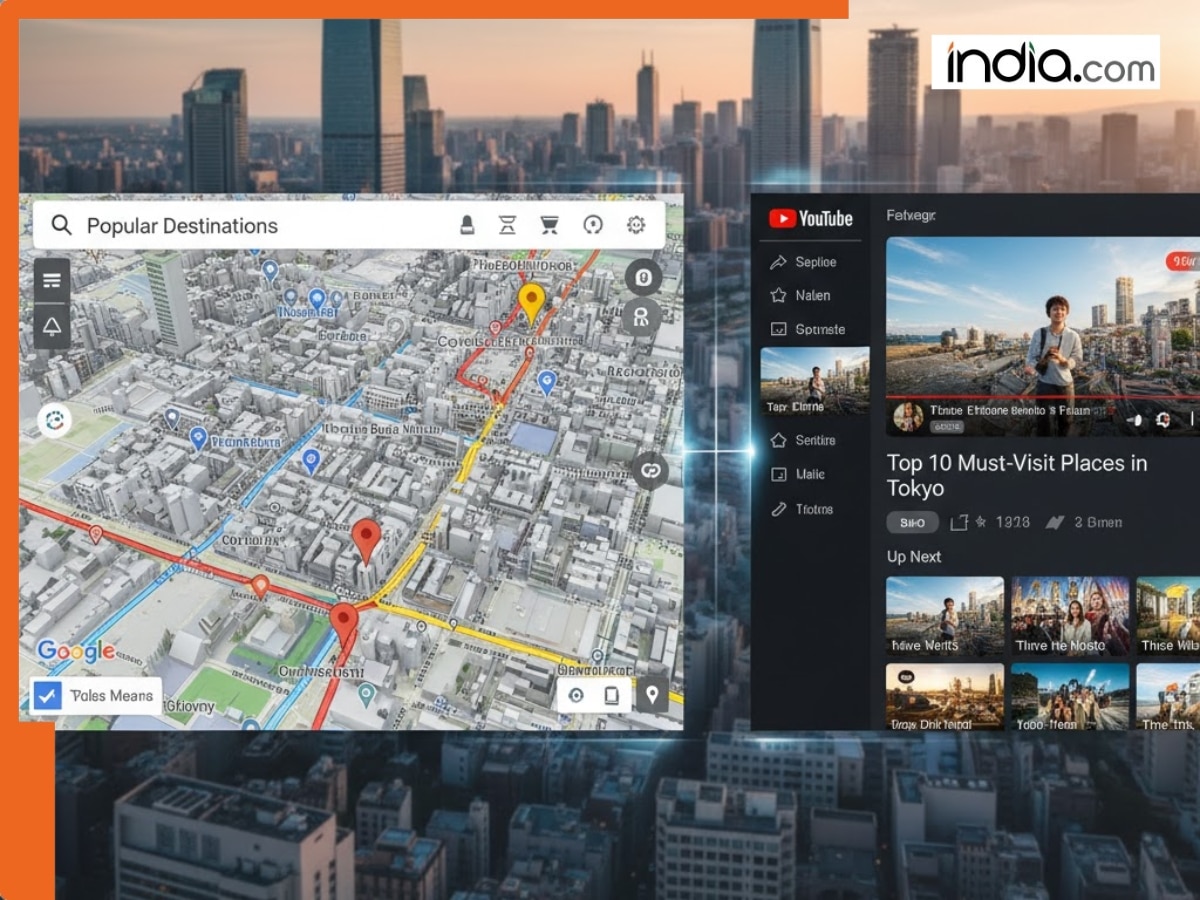
At a time when even a small start-up seems to have a dramatic disrupt-or-be-disrupted moment at the ready, Perplexity AI CEO Aravind Srinivas has predicted that two Google apps are unlikely to be beaten at any point in the near future: YouTube and Google Maps.
The two services were named in a viral X (formerly Twitter) thread from the CEO of Perplexity, which made the claim “there is no way any start-up can beat the Google ecosystem”. In a follow-up conversation with Srinivas, however, nuance was offered. “YouTube and Maps are the hardest. Maybe even impossible. The rest are hard but doable,” he wrote on X.
Srinivas’s confidence in Google Maps and YouTube has more to do with data and network than features or even user experience. Srinivas told Bloomberg: “It’s a numbers game in which you play for market share now and think about recouping over decades. How do you find data points at that scale?” In the X thread he used by a Map app as an example of the network effect to Google’s advantage: If no one is using a product, data like traffic patterns will be hard to come by. The Map user replied: “they’re not product, they’re networks.” “Accurate,” Srinivas wrote back. “Especially on data.”
Google has publicly also acknowledged the importance of YouTube and Maps to their overall portfolio. At a recent financial event, a Google spokesperson was reported by Bloomberg to have said: “YouTube and Maps are two of the products that have the deepest network effects across all of Google, which just means the more that are on them, the better they get.”
The overall ecosystem is not the only level where it is difficult to beat Google. Although new entrants can often replicate the features of existing products, what’s hard to replicate is the existing data and trust in it. Srinivas’s X thread points out that “Google Photos, Drive, Gmail have a lot of weight, but haven’t got a moat like Youtube/Maps yet”. The original X post concluded by addressing fellow startup founders: “There’s room to build, but you won’t be Google anytime soon. Aim for something else, and look to complement, not compete.” YouTube and Maps stand apart as services with entrenched network effects built up over years.
India(BHARAT)n government recently made efforts to push home-grown software, but even then Srinivas suggests regulatory interventions are not the only challenges to Google. India(BHARAT)n mapping start-up MapmyIndia(BHARAT) made their case, writing: “We have collected 30 years of data at a house-number-level detail, which no one has…& would love to share our location solutions to (Perplexity),” Srinivas wrote back on X. MapmyIndia(BHARAT) has yet to reach the same heights of global usage as Google Maps, but they have the data points and network years of usage which Srinivas points out.
The lesson to all aspiring start-ups: your new app may be able to replicate a product’s features, but if it’s YouTube or Google Maps you’re trying to replicate, you’ll also need the data, the scale, the trust and the network. Srinivas isn’t just talking competition, but building platforms at the macro level and the important of a network effect.
Will any of these moats be breached in the future? Time will tell, but if there’s an opportunity, the most likely candidates seem to be the “rest”.
What's Your Reaction?







